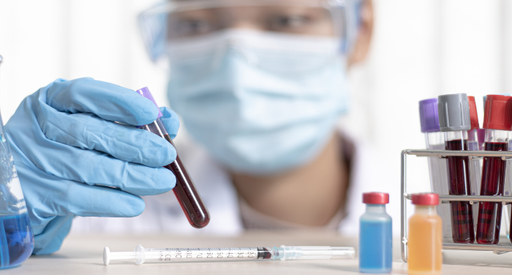Essential thrombocythaemia (ET)
Essential thrombocythaemia (ET) is a type of blood cancer where your body makes too many blood cells called platelets.

What is ET?
ET is part of a group of blood cancers called myeloproliferative neoplasms. If you have ET, your body makes too many blood cells called platelets.
Find out more

Prognosis for ET
ET is not curable yet, but it is treatable and can managed. Find out what the prognosis might look like for you.
The general outlook

Symptoms of ET
Lots of people don't notice any symptoms before they’re diagnosed with ET, but some do.
Symptoms you might experience

Testing for ET
You'll need tests to check if you have ET. If you get a diagnosis, you'll also have tests to monitor the risk of blood clots.
Tests explained

Treatment and side effects
Treatment for ET aims to control your symptoms so you can have a good quality of life.
What treatment might look like for you

Looking after yourself with ET
There is nothing you could have done to prevent getting ET, but there are things you can do to make you feel better mentally, physically and emotionally.
How to help yourself
This information has been accredited with the PIF TICK, the UK's only quality mark for trusted health information.
Last full review 2023. Next full review due 2026. We make factual updates to the information throughout this period.
Thank you to Consultant Haematologists Clare Kane and Mallika Sekhar for checking the medical content of our ET information, and to Clinical Nurse Specialists Jodie Nightingill and Madeleine Ward for their guidance and support.
